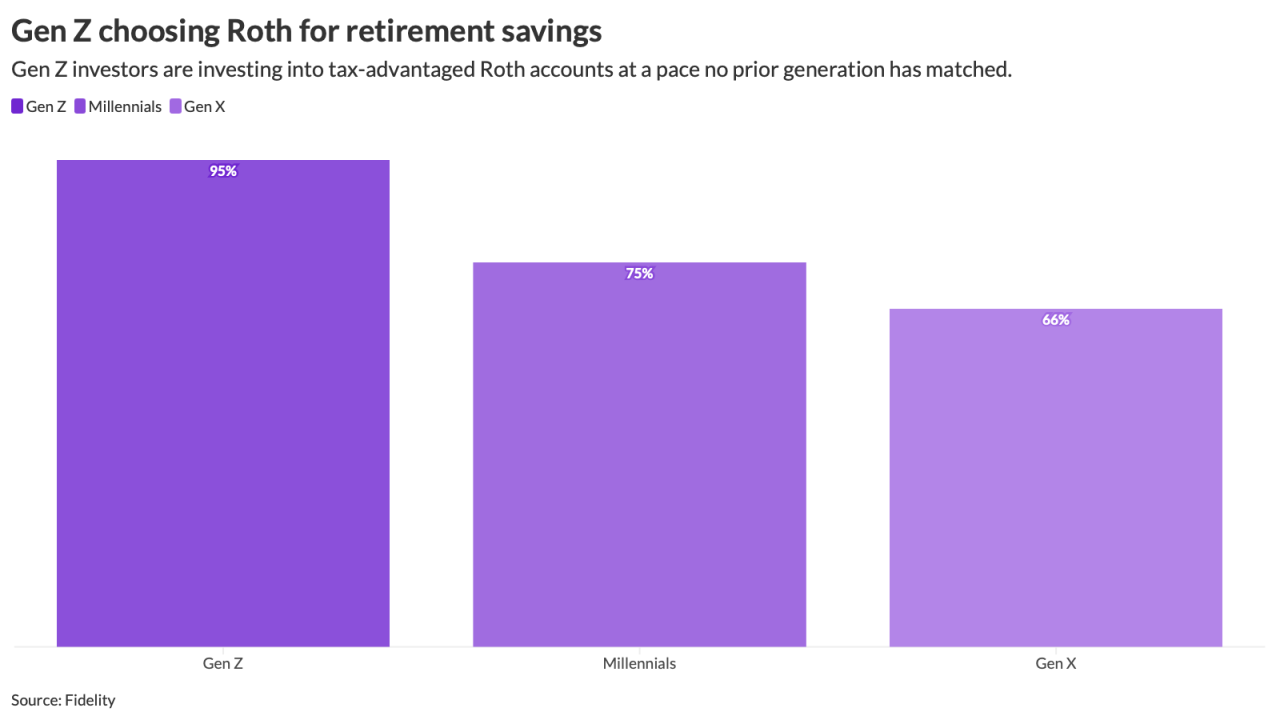Tax season is well underway and the April 18, 2016 filing deadline is approaching fast. Employers, and particularly small business owners, can’t wait until April to get started on filing — they need to start now, if they haven’t already.
From the Affordable Care Act to employee classification, there is a multitude of evolving regulations posing challenges for small business owners this tax season.

Although some submission deadlines have passed, small business owners must keep regulatory changes and alternate employee reporting deadlines top of mind this tax season to avoid penalties caused by improper filing. To help keeps things straight, here’s a quick small business checklist on the top three regulatory reporting issues to get in front of this tax season:
1. Affordable Care Act. New ACA disclosures must now be directed to employees in writing. For instance, similar to W-2 form requirements, large employers must complete 1095-C forms for each full-time employee and distribute them well in advanced of the filing deadline. Employers can get a head start on this by preparing template written statements and reporting forms to circulate to employees as soon as possible ― giving employees time to prep and employers time to collect and review employee information for accuracy prior to submitting their business’ tax filing.
2. Correct employee classification – full-time vs. part-time employees. The gig economy workforce is rising — by 2020, the number of Americans engaged in freelance work at least part-time will more than double,
3. Filing deadlines. As mentioned, staying on top of filing deadlines is critical to remaining compliant and avoiding unnecessary penalties this tax season. Two of the most
· March 15, 2016 - Corporate tax returns: If an employer owns a C-corporation or S-corporation that uses the calendar year as its fiscal year, they are required to pay their taxes on March 15 — one month prior to the individual tax return date.
o C-corporation forms: Business owners need to file Form 1120 (income tax return) and pay any taxes owed. If an employer needs more time however, they can file Form 7004 for an automatic six-month extension, and deposit the estimated taxes.
o S-corporation forms: Employers must file Form 1120S and pay the tax that is due. If owner want to elect for S-corporation status in 2016, they’ll need to file Form 2553 by this date.
· March 31, 2016 - ACA: Employers with 50 or more full-time employees or part-time equivalents must submit ACA information reporting forms to the IRS electronically by March 31, 2016.
And remember, the sooner you start the better. If employers wait too long to start their tax filing process, they risk rushing to complete their filings and increase the chance of making basic human-error mistakes that lead to unintentional misreporting of information that can result in costly penalties.
When owning a business, it’s difficult to focus on the company’s growth and employees’ development while keeping track of evolving regulations. But, it is important not to gloss over tax and reporting requirements. Missing deadlines or misreporting tax information can trigger disastrous noncompliance-related penalties with potentially significant impacts that can make or break a small business financially. Use the above checklist to make sure you’re covered this tax season and make it as stress free as possible.





